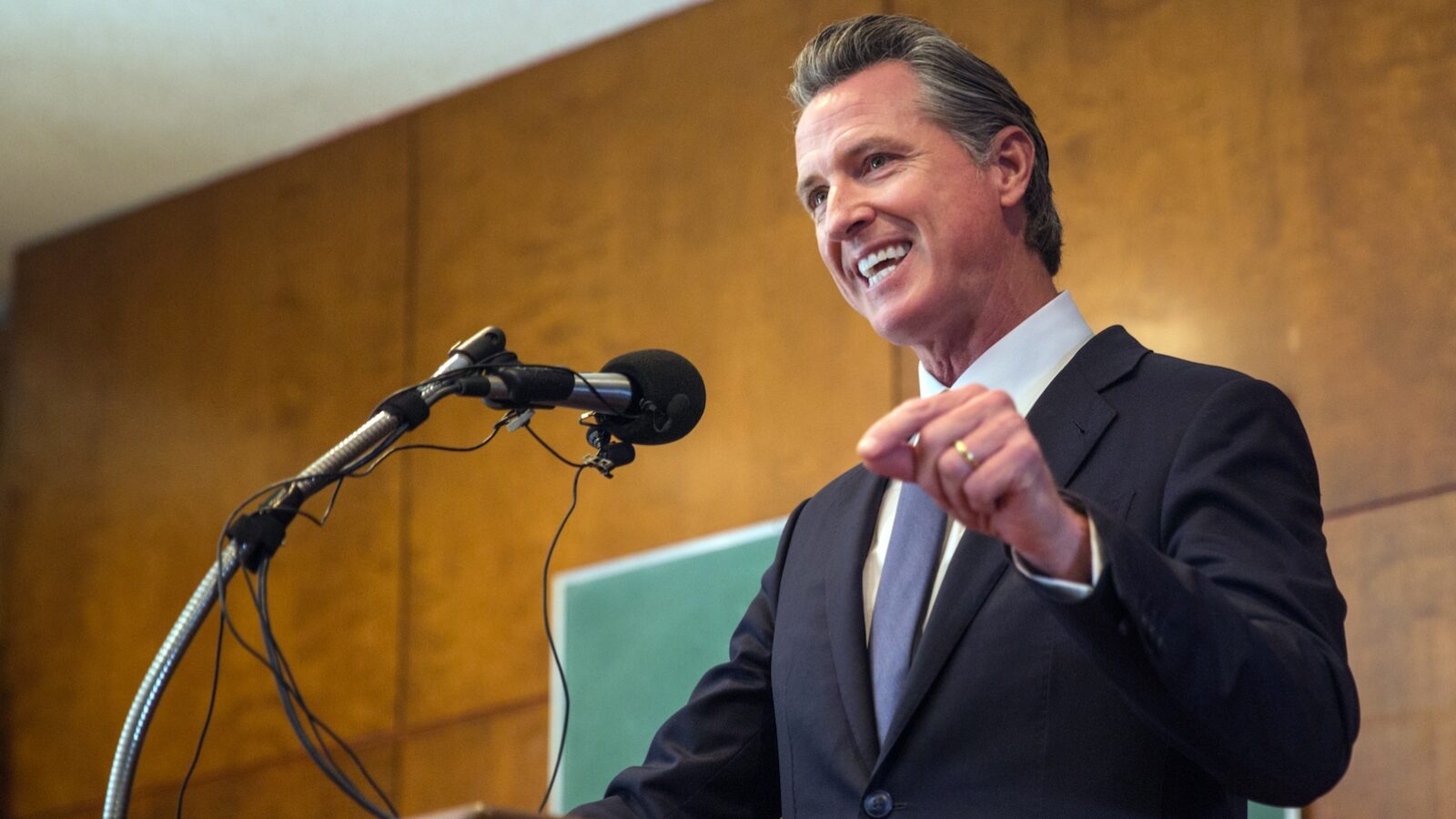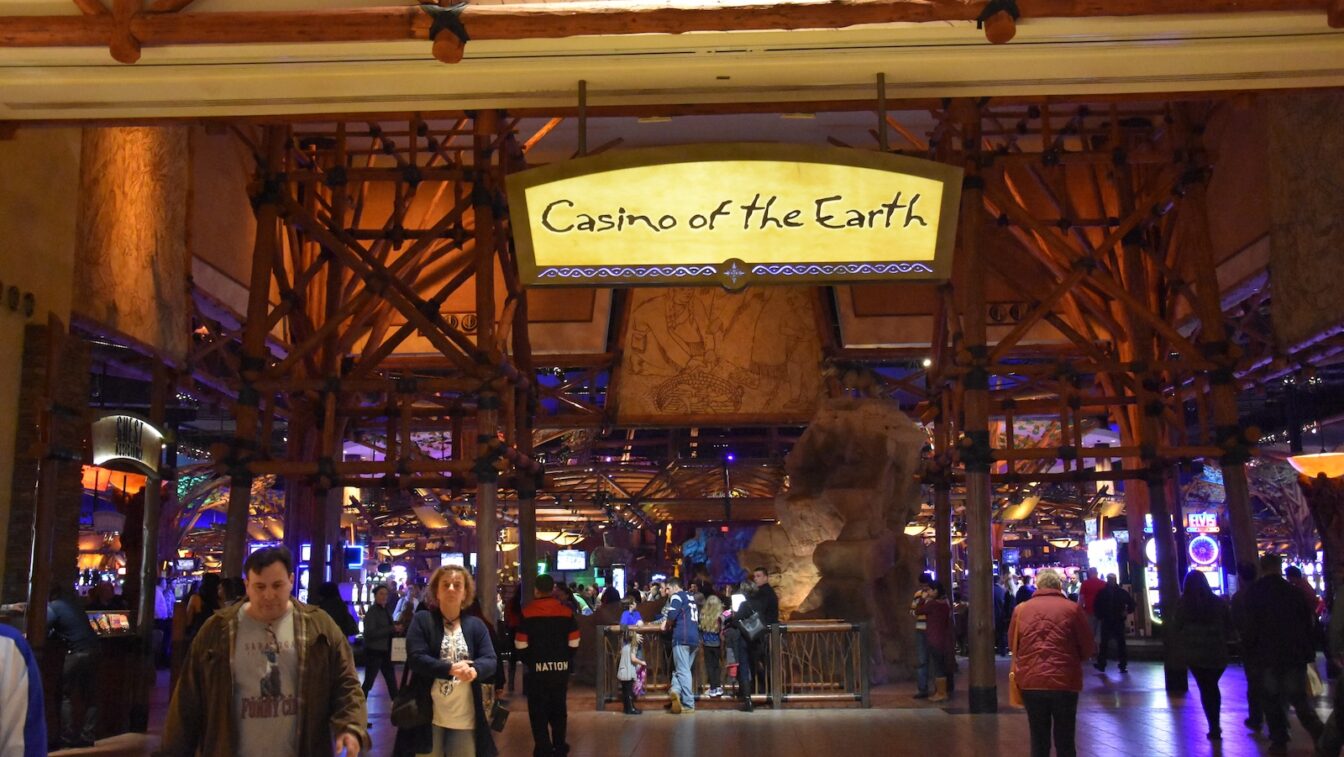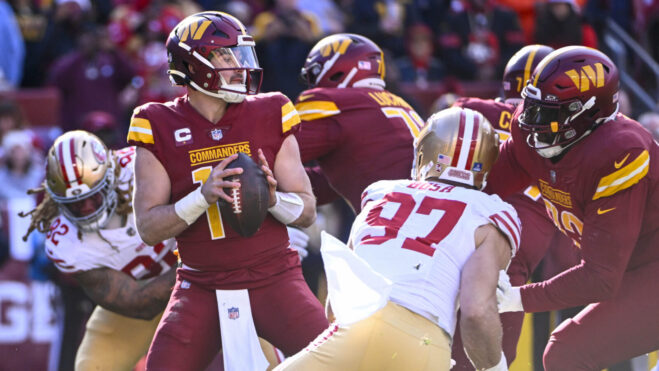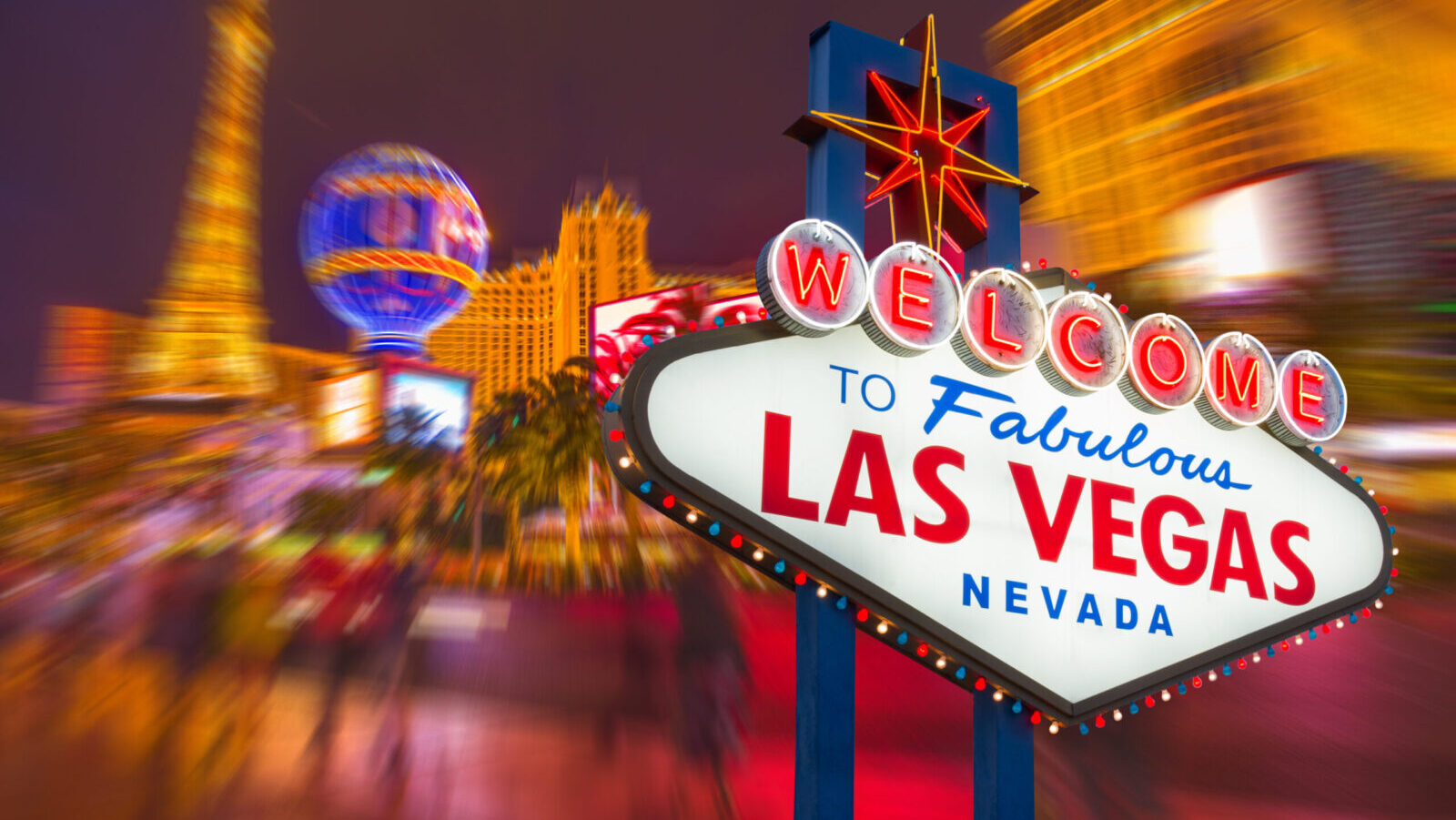Gov. Newsom Signs Historic Bill Allowing California Tribes To Sue Cardrooms
The tribes have unfettered access — for the next six months — to seek damages
3 min

California Gov. Gavin Newsom on Saturday signed Senate Bill 549, a landmark piece of legislation that grants casino-owning tribes the right to sue their business competitors, specifically targeting the state’s privately owned cardrooms.
This new law marks a significant milestone in the long-standing dispute between California’s Native tribes and cardrooms over the legality of who can offer card games. The tribes argue that these are reserved for their exclusive use, but the cardrooms counter that they’re operating within the law and not violating tribal compacts.
The bill, sponsored by the Viejas Band of Kumeyaay Indians, aims to give tribes legal standing to bring lawsuits against approximately 80 cardrooms across the state. For decades, tribes have claimed that the cardrooms have illegally siphoned hundreds of millions of dollars in revenue by offering table games that should be exclusive to tribal casinos.
With the passage of SB 549, tribes can now ask courts to resolve their claims that these card games violate state laws and tribal compacts. They’ll have to move quickly, though, as the bill stipulates that all claims must be submitted before April 1, 2025.
Historical context and legal struggles
The debate over who has the legal right to offer certain types of card games has been ongoing for years. Native tribes assert that California voters granted them the exclusive rights to host specific games, such as blackjack and poker, through a series of initiatives that have shaped the state’s gaming regulations.
Cardrooms, however, have operated under a legal gray area. They maintain that their version of the games complies with state law because they operate them differently, often with a third-party proposition player rather than a house dealer.
Tribes have faced numerous barriers in bringing their complaints to court. As sovereign governments, they lacked the standing to sue cardrooms directly, creating a legal vacuum that allowed the cardrooms to continue operating without facing formal tribal challenges.
With the signing of SB 549, however, the tribes can now seek legal recourse, raising the stakes for California’s cardroom industry and the local economies that depend on them.
Economic impact for cities and local governments
The ramifications of this bill extend far beyond the gambling halls themselves. Some California cities rely heavily on tax revenue generated by cardrooms, with some municipalities drawing nearly half of their budgets from this source. These funds are crucial for maintaining essential public services, including police, fire departments, and other local programs.
If the courts rule in favor of the tribes, the financial consequences could be severe for these cities. A tribal victory could force cardrooms to cease offering certain games or shut down altogether, potentially cutting off a major source of revenue.
This looming threat galvanized opposition to the bill from the cardroom industry. Leading the charge is the Hawaiian Gardens Casino, one of the largest cardrooms in the state, which spent $9.1 million on lobbying efforts last year, the second-highest lobbying expenditure in California after Chevron Corp. Other cardrooms across the state joined the fight, pouring millions into lobbying campaigns and donations to lawmakers in an effort to sway public opinion and influence legislative votes.
A high-stakes political battle
The fierce lobbying efforts around SB 549 underscore just how high the stakes are. According to the Digital Democracy database, the opposing gambling interests donated a combined $4.3 million to the 120 members of the California Legislature since January 2023. Notably, the tribes outspent the cardrooms in their campaign efforts, with significant contributions to key lawmakers who were pivotal in passing the bill through critical committees.
In the weeks leading up to a crucial July vote, the tribes contributed $92,000 to members of the Assembly’s gambling regulation committee.
Gov. Newsom himself has been a significant beneficiary of tribal political contributions. Since his initial run for governor in 2017, tribes have donated at least $7.1 million to his various campaigns and committees, compared to just $252,400 from cardrooms over the same period. The imbalance in financial support from the tribes has raised questions about the influence of political donations on the passage of SB 549.
Implications for California tribes and cardrooms
For the tribes, the signing of SB 549 represents a significant victory in their decades-long fight to protect their gaming rights. Many tribal leaders have framed the bill as an important step toward addressing the historical wrongs committed against Native Americans.
They argue that cardrooms have taken advantage of legal ambiguities to undermine tribal sovereignty. In addition, they claim that these actions have deprived the tribal communities of critical revenue that could be used for healthcare, education, and infrastructure. A favorable court ruling in a hypothetical suit against a cardroom could translate into a windfall for tribal casinos, redirecting gambling revenue back to tribal communities.
On the other hand, the cardroom industry now faces an existential threat. A successful legal challenge could force cardrooms to stop offering popular table games, drastically reducing their appeal to patrons. The potential loss of revenue could lead to job cuts, business closures, and a decline in local tax revenue.





